Search
Search Results
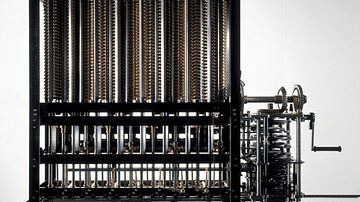
Image
Difference Engine
The Difference Engine was invented by the Englishman Charles Babbage (1791-1871) in 1822. This example is a modern model of Babbage's Mark II, designed c. 1848. Like most other inventions of the Industrial Revolution, Babbage built on the...
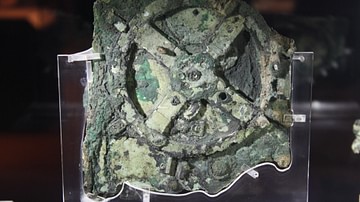
Definition
Antikythera Mechanism
The Antikythera mechanism (also known as the Antikythera Device), dated to the late 2nd century/early 1st century BCE (roughly 205-60 BCE) is understood as the world's first analog computer, created to accurately calculate the position of...
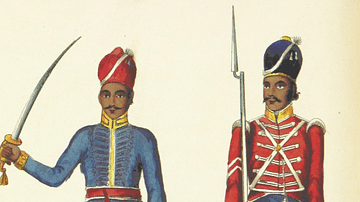
Article
The Armies of the East India Company
The East India Company (EIC) was first England's and then Britain's tool of colonial expansion in India and beyond. Revenue from trade and land taxes from territories it controlled allowed the EIC to build up its own private armies, collectively...
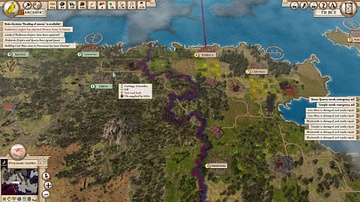
Article
Game Review: Aggressors: Ancient Rome
Genre: Turn-Based Strategy Audience: Hardcore Strategy Gamers Difficulty: Hard Aggressors: Ancient Rome is a turn-based 4X strategy game in which you control the fate of an ancient...
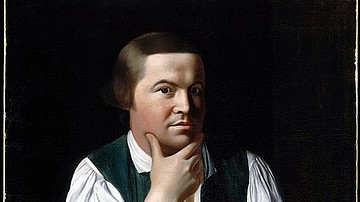
Definition
Paul Revere
Paul Revere (1735-1818) was an American silversmith born in the British colony of Massachusetts. He was an active member of the Sons of Liberty during the American Revolution (c. 1765-1789) and became a folk hero for his midnight ride in...
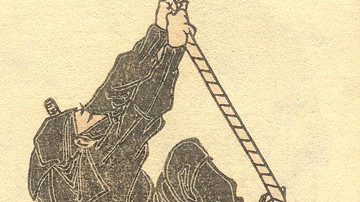
Definition
Ninja
Ninja (aka Shinobi) were the specialised assassins, saboteurs, and secret agents of medieval Japanese warfare who were highly-trained proponents of the martial arts, especially what later became known as ninjutsu or 'the art of the ninja'...
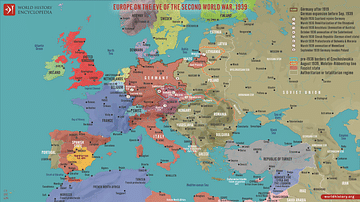
Article
The Causes of WWII
The origins of the Second World War (1939-45) may be traced back to the harsh peace settlement of the First World War (1914-18) and the economic crisis of the 1930s, while more immediate causes were the aggressive invasions of their neighbours...
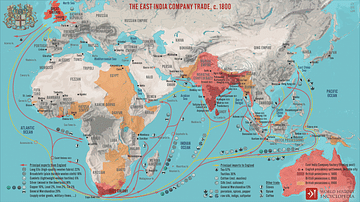
Article
Trade Goods of the East India Company
The English East India Company (EIC) was founded in 1600, and it came to control both trade and territories in India, as well as a trade monopoly with China. Goods the EIC traded included spices, cotton cloth, tea, and opium, all in such...
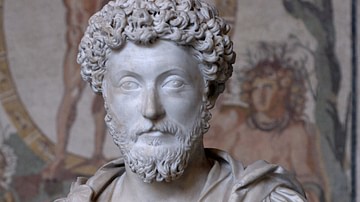
Article
Marcus Aurelius: Philosopher Emperor or Philosopher-King?
Co-authored by Steven Umbrello and Tina Forsee It is very common to hear in both academic circles, as well as more close-knit Stoic circles, Marcus Aurelius (121 – 180 CE) being referred to as the philosopher king. This is not an idea...
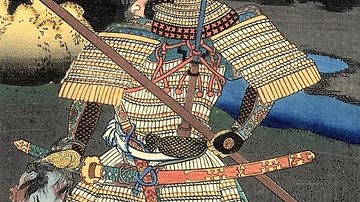
Definition
Samurai
The samurai (also bushi) were a class of warriors that arose in the 10th century in Japan and which performed military service until the 19th century. Elite and highly-trained soldiers adept at using both the bow and sword, the samurai were...